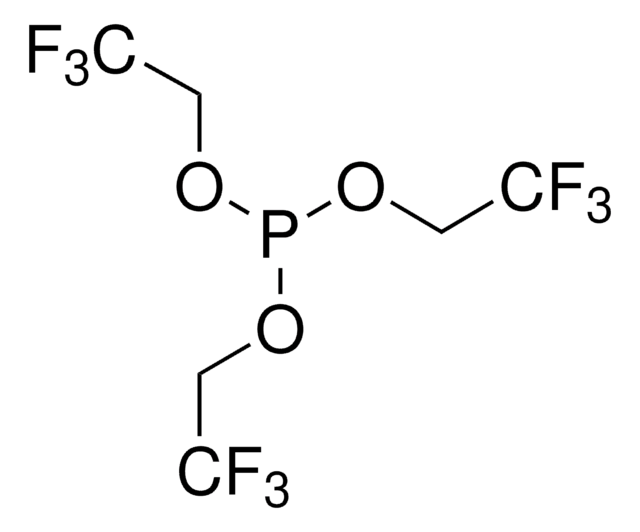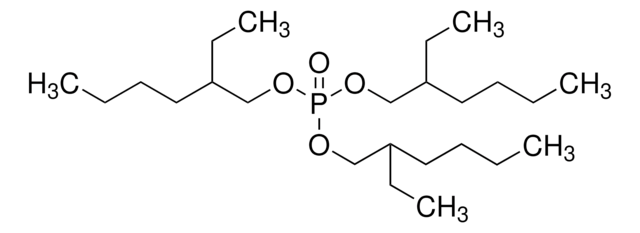441805
Tris(nonylphenyl) phosphite
Synonym(s):
Tri(monononylphenyl) phosphite
About This Item
Recommended Products
form
liquid
Quality Level
refractive index
n20/D 1.528 (lit.)
bp
>360 °C (lit.)
density
0.99 g/mL at 25 °C (lit.)
SMILES string
CCCCCCCCCc1ccccc1OP(Oc2ccccc2CCCCCCCCC)Oc3ccccc3CCCCCCCCC
InChI
1S/C45H69O3P/c1-4-7-10-13-16-19-22-31-40-34-25-28-37-43(40)46-49(47-44-38-29-26-35-41(44)32-23-20-17-14-11-8-5-2)48-45-39-30-27-36-42(45)33-24-21-18-15-12-9-6-3/h25-30,34-39H,4-24,31-33H2,1-3H3
InChI key
WGKLOLBTFWFKOD-UHFFFAOYSA-N
General description
Application
Signal Word
Danger
Hazard Statements
Precautionary Statements
Hazard Classifications
Aquatic Acute 1 - Aquatic Chronic 1 - Eye Dam. 1 - Repr. 2 - Skin Irrit. 2 - Skin Sens. 1
Storage Class Code
10 - Combustible liquids
WGK
WGK 3
Flash Point(F)
404.6 °F - closed cup
Flash Point(C)
207 °C - closed cup
Personal Protective Equipment
Choose from one of the most recent versions:
Already Own This Product?
Find documentation for the products that you have recently purchased in the Document Library.
Customers Also Viewed
Our team of scientists has experience in all areas of research including Life Science, Material Science, Chemical Synthesis, Chromatography, Analytical and many others.
Contact Technical Service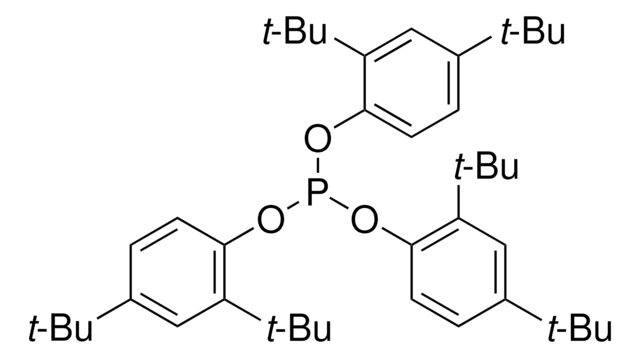
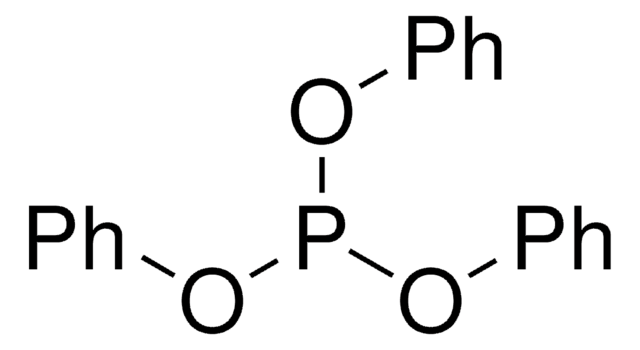

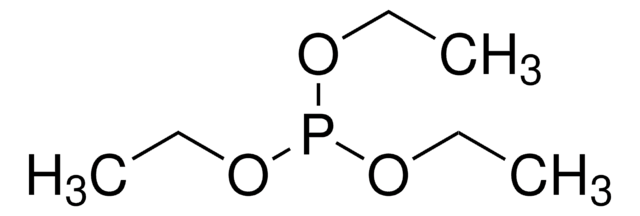

![3,9-Bis(octadecyloxy)-2,4,8,10-tetraoxa-3,9-diphosphaspiro[5.5]undecane](/deepweb/assets/sigmaaldrich/product/structures/426/453/2ce260eb-38be-4a9d-b432-9710a0c9a290/640/2ce260eb-38be-4a9d-b432-9710a0c9a290.png)

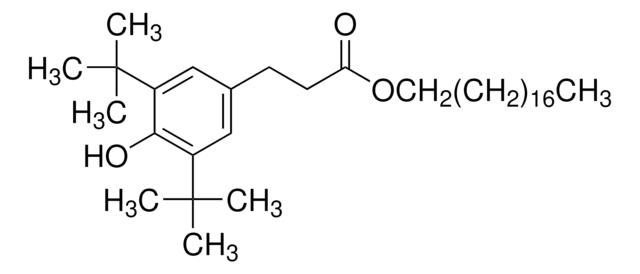




![3,9-Bis(2,4-dicumylphenoxy)-2,4,8,10-tetraoxa-3,9-diphosphaspiro[5.5]undecane](/deepweb/assets/sigmaaldrich/product/structures/163/089/23367906-df78-4721-b2a6-690cd4c2a9a9/640/23367906-df78-4721-b2a6-690cd4c2a9a9.png)
